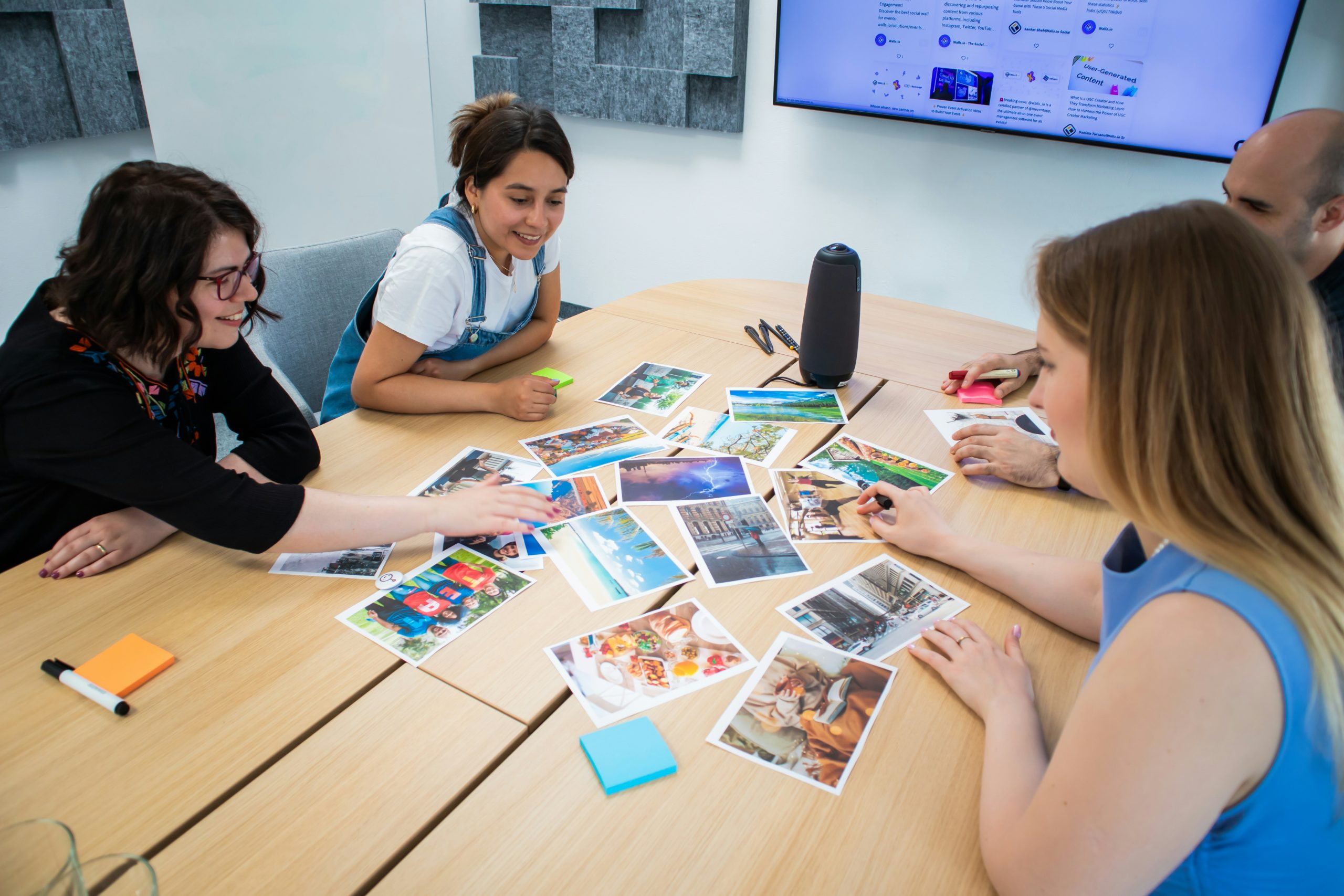A Guide To Success
Landing an assessment centre invitation is a huge achievement, but preparing for one can feel daunting. In a recent live Q&A, early careers expert Steph Leyland shared her insider knowledge on how to confidently navigate the day. She broke down the process with some great tips to take away.
1. Before the Day: The Power of Preparation
Preparation is your best friend. Start by really getting to know the company’s mission and values. Read through the job description again to get a feel for the core competencies they’re looking for.
And don’t be afraid to ask questions. Steph told us a about a candidate who wasn’t sure about the dress code. Instead of guessing, they simply sent a polite email to the recruiter for clarification. It was a small thing, but it showed they were professional and it meant they felt much more confident and less stressed on the day.
When you’re working out your logistics, make sure you plan your route and travel time. You want to arrive with enough time to spare, but Steph’s advice is not to get there too early. Aim for about 10-15 minutes before the start time. It shows you’re punctual and prepared without putting pressure on the organisers to accommodate you ahead of schedule.
To ensure the assessment is accessible for everyone, please contact the recruiter in advance if you have any specific requirements that need to be accommodated, such as extra time for tests.
2. On Arrival: Your First Impression
Remember, from the moment you walk through the door, you’re being assessed. Don’t be afraid to interact with the assessors and other candidates during any downtime. This is your chance to show them your authentic personality. As Steph emphasises, you should be yourself. Don’t try to be someone you’re not, as a company that is the right fit will value the real you.
3. The Main Events: Acing Your Activities
An assessment centre is a mix of interviews and group exercises. Here’s how to tackle them both.
Interviews: To give clear, compelling answers, Steph highly recommends using the STAR technique. This method is crucial because it helps you structure your responses with real-world examples, making your experiences memorable and easy for the interviewer to follow.

Group Exercises: These are designed to see how you work in a team. The assessors aren’t just looking at the final outcome; they’re watching your approach to the task. To shine in this section:

Final Thoughts: It’s a Two-Way Street
The assessment centre is as much for you as it is for the company. It’s your chance to see if the culture, environment, and people are the right fit for you. Go into the day with a positive mindset, be prepared, and let your unique skills and personality shine through.

